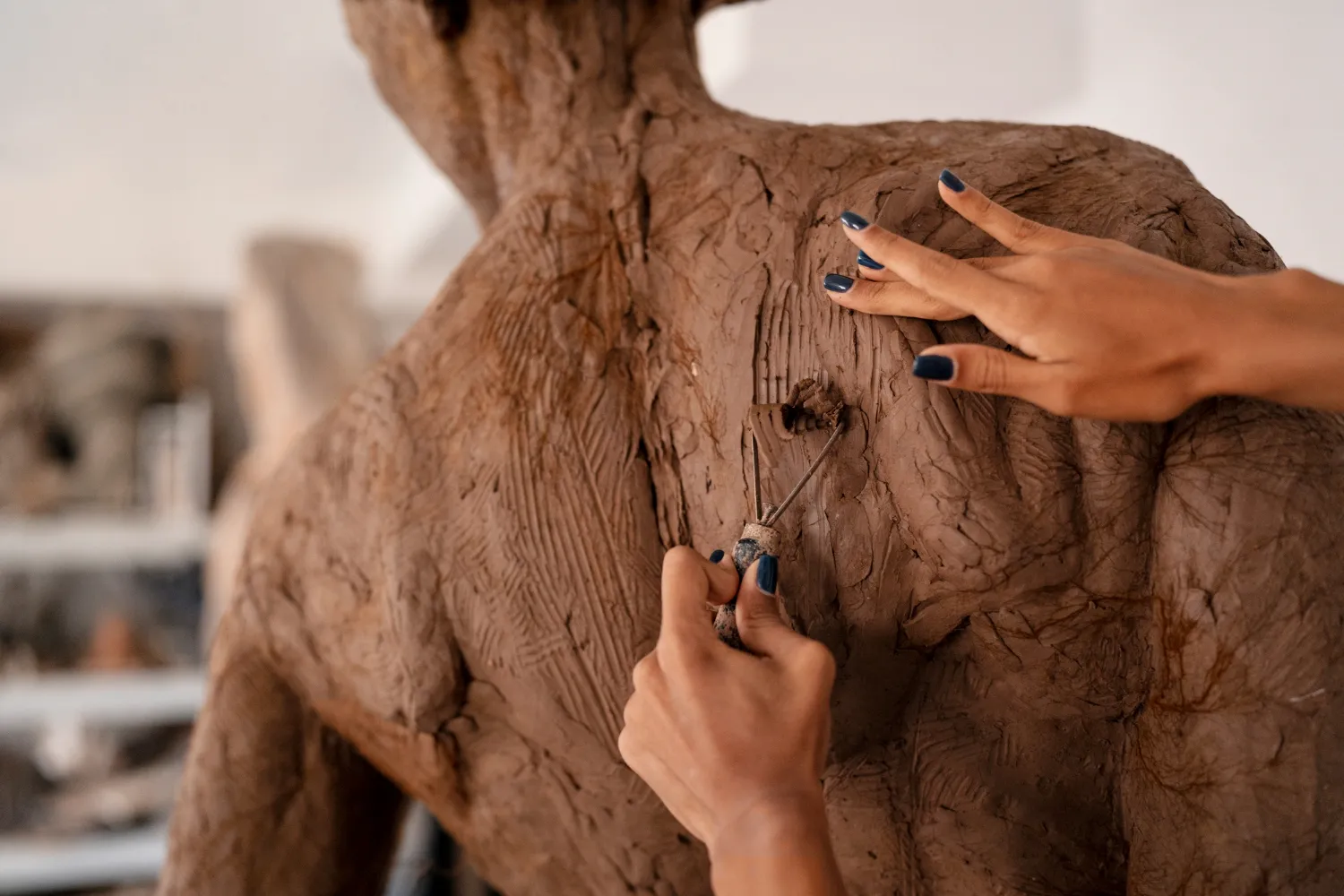How My Lived Experience Enhances My Recovery Process

“My Recovery from Addiction and Alcoholism is more than just abstaining from substances and alcohol — it’s a deeply personal, very spiritually inclined and transformative journey that requires continuous self-awareness, regular external support, and continuous growth.”
Sunday Kapesi
My own recovery journey is shaped by my lived experience. Experience has taught me that while medical and psychological interventions are crucial, the insight gained from personal struggles and victories plays an equally vital role in building a sustainable, long-term recovery.
IMPACTFUL LESSONS
Willpower and Willingness in Recovery
One of the first lessons I learned in recovery was the importance of willpower and willingness. Willpower gives you the initial push to seek help, but willingness — the openness to change and embrace new behaviors — sustains the journey. Research shows that intrinsic motivation, rooted in personal values and self-determination, significantly improves long-term sobriety outcomes (Deci & Ryan, 2000). Curiosity about self-improvement also drives deeper engagement with recovery, encouraging people to explore healthier lifestyles and coping mechanisms.
Support systems have been a cornerstone of my recovery
Family and close friends provided emotional stability and encouragement, while mental health professionals (secondary support system) helped me navigate addiction and co-occurring disorders like ADHD and anxiety. Beyond this, peer support groups like Alcoholics Anonymous (AA) and my ADHD support group (tertiary support system) fostered a sense of community and accountability.
Studies confirm that strong support networks reduce relapse risks and enhance long-term recovery outcomes (Moos & Moos, 2006).
Structured recovery programs like the 12-Step Alcoholics Anonymous (AA) approach were also instrumental in my healing
Initially, I struggled to fully apply the steps, but over time, they became a framework for self-reflection, spiritual growth, and service to others. Through sponsorship and fellowship, I found mentorship and shared experiences that reinforced my commitment to sobriety.
This model’s global reach and emphasis on collective healing make it a powerful tool for sustainable recovery (Kelly & White, 2011).
Holistic wellness has played a significant role in maintaining my sobriety
Managing my mental health through exercise, mindfulness, meditation, journaling, and therapy has been essential in balancing my well-being, managing my anxiety, depression, and ADHD.
Research supports this integrated approach, showing that addressing both addiction and co-occurring mental health conditions reduces relapse rates and improves recovery outcomes (NIDA, 2020).
CONCLUSION
Finally, sharing my story has been a transformative part of my recovery. By advocating for mental health awareness and addiction recovery, I am not only holding myself accountable on a bigger level but also inspiring others to seek help and challenge stigma.
Lived experience offers invaluable insight such as confidence boosting, autonomy building and ownership, proving that recovery is possible and that personal growth, support, and holistic wellness create a strong foundation for long-term healing.
Let’s continue breaking the silence and fostering communities of hope and recovery. REMEMBER, if struggling with ADDICTION and MENTAL HEALTH, ASK FOR HELP. RECEIVE THAT HELP. PAY IT FORWARD.









